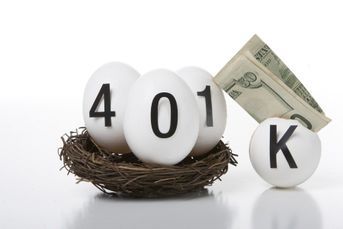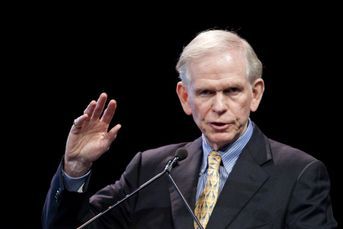Five years later, what have we learned?
Five years after the financial crisis, financial advisers need to do some soul searching and ask themselves, now that the smoke has cleared, what lessons have been learned?
It has been five years since the financial crisis wreaked havoc around the world, sending the stock market plunging and driving the U.S. economy into a recession that rivaled the Great Depression and from which we still haven’t totally recovered.
Despite the many steps taken to safeguard our financial system from another near collapse, chief among them the Dodd-Frank financial reform law, no one can say with absolute confidence that such a crisis won’t happen again.
Within that context, it is important for financial advisers to do some soul searching and to ask themselves, now that the smoke has cleared, what lessons have been learned?
We have attempted to illuminate that by initiating conversations with a number of advisers. We asked them a series of questions about themselves and their clients and what they took away from what was, for many of them, a life-changing experience. Some of their edited responses are on Pages 8 and 32, but their full statements can be found online at InvestmentNews.com/crisis08.
A recurring theme is the need for regular and frequent communication with their clients. Many of those advisers who weren’t proactive and didn’t respond appropriately to their clients’ questions and need for advice found themselves with fewer clients.
Alternately, those who went out of their way to reassure their clients and guide them through the crisis found that they picked up new clients. As one adviser told our reporter Liz Skinner, “I never want to live through it again. But it was the single biggest client acquisition opportunity of our lifetime.”
In many cases, the communication that advisers provided was simple reassurance. Whether it was a lesson in market cycles, a portfolio review or simply hand-holding, those advisers who took the time to reach out to their clients reaped the rewards.
As one adviser put it: “All of our clients have made their money back, plus some. Many of them have thanked us over the years for being the voice of reason. They would have pulled out of the market, left on their own.”
Skepticism
Beyond the need for regular communication has been the recognition that even after five years and a market run-up, some investors remain skeptical about many of the investment strategies advisers recommended before the market rout.
In the continuing fallout, investors no longer take investment recommendations from their advisers as gospel. They ask more questions and want more information before they make decisions. And advisers still encounter clients who are skittish about everything but the most conservative of investments, even if it means they are not building the wealth they need for their future financial security. For these advisers, the conversations must continue.
In retrospect, most advisers should be proud that they helped the majority of their clients through one of the most frightening periods in U.S. economic history.
But there still is work to be done. Advisers must continue to educate clients and remind them of the cyclical nature of financial markets. Despite what we know about how markets work, they still can surprise us. Advisers must acknowledge that they can neither predict the future nor guarantee performance. Clients deserve nothing less.
Learn more about reprints and licensing for this article.








